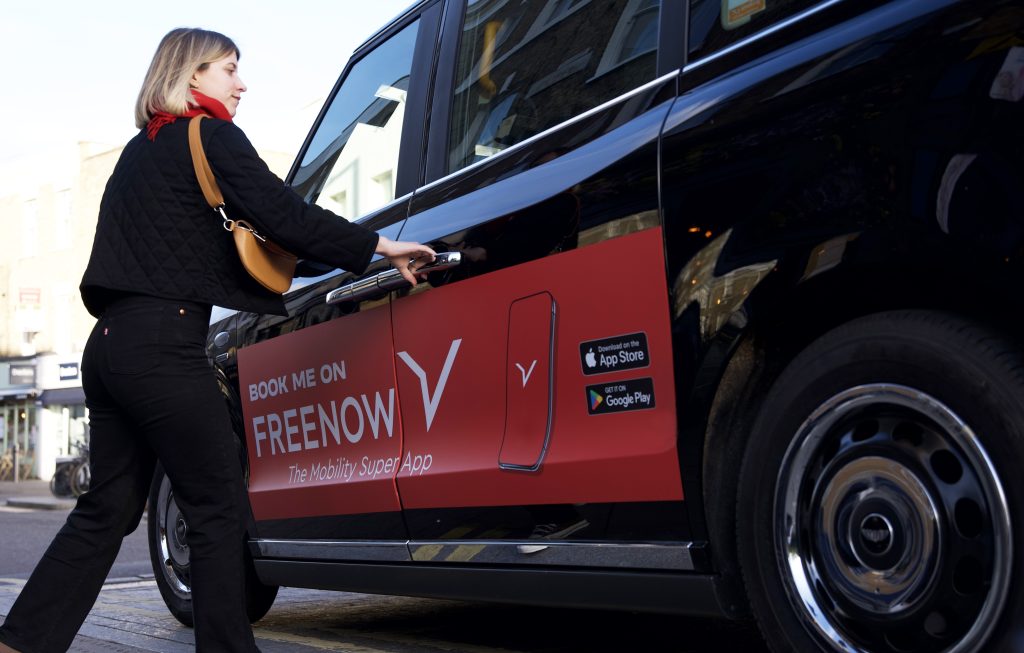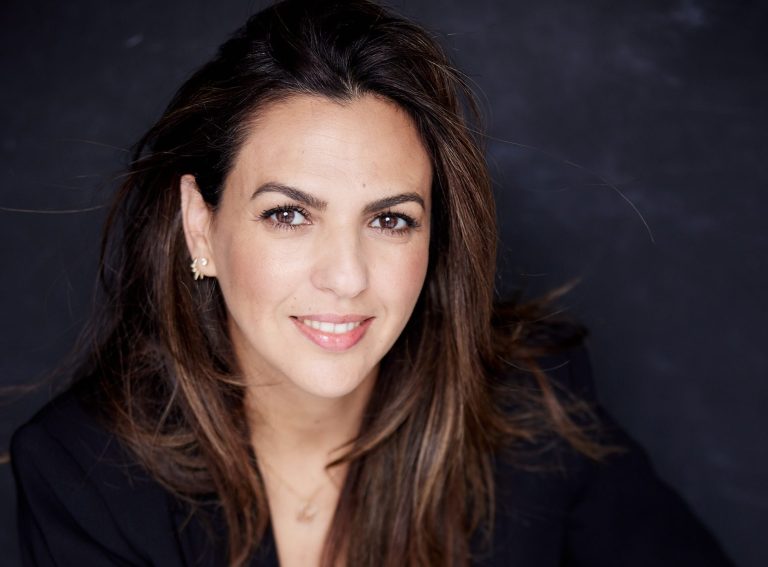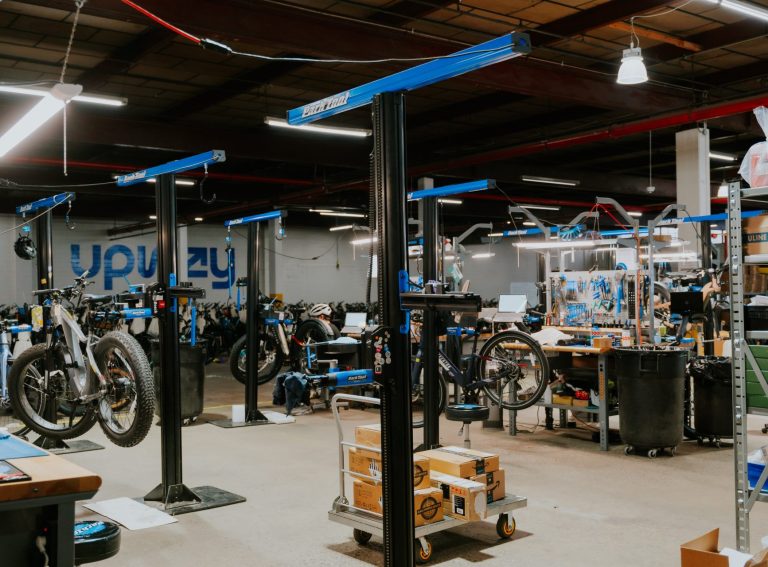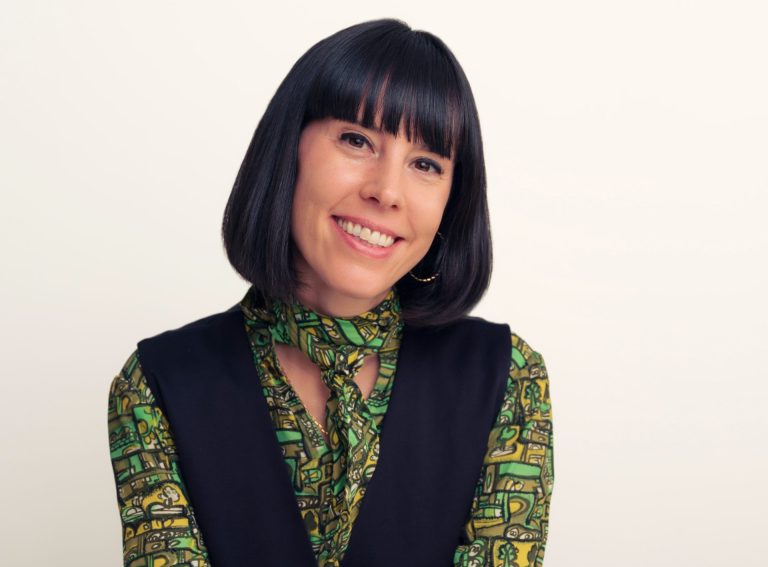By Zag industry expert Lars Christian Grødem-Olsen, an Advisor for Movability on new mobility and former Country Manager at Tier.
FREENOW was once a place just for taxis. Then it branched out into other mobility services like e-scooter and e-bike sharing before becoming one of the first mobility platforms to integrate public transport tickets all in one super app.
But aggregating public, private and shared transport into one place is no mean feat, even for one of Europe’s largest mobility super apps that operates in over 150 cities.
In conversation with Zag industry expert Lars Grødem-Olsen, FREENOW Director of Partnerships David Koral calls for public transport authorities (PTAs) to work together with super apps like theirs, because he says – ultimately we’re all on the same side.
Zag Daily: FREENOW has recently integrated public transit services into its app. What have been some of the challenges?
David: “We’ve faced challenges with the complexity of the public transport landscapes. Not all tickets are digital, and each operator has a different technical setup which makes it difficult to build a compelling offer at scale. We have engaged with tech integrators to help.
“Our other biggest challenge is the willingness of cities and regions to offer public transport tickets to platforms like FREENOW. We try to engage with stakeholders to make sure they understand our services are complementary, and that our users are asking for public transport.”
Zag Daily: How do you respond to concerns PTAs have about offering public transport services on the same platform that profits from taxi fares?
David: “You can’t force people to use a taxi. You have to offer what people need, and taxis are a part of the mobility ecosystem of a city. People need public transport every day to commute, and potentially other modes for their lifestyle. 70% of FREENOW users use all the services on our platform.
“There’s also some inconsistency from the PTA side. A lot of them are interested in offering taxis on their own platforms, because they do see the benefit.
“You need everything to make mobility work, and public transit is a central pillar. It’s important to give as many opportunities as possible for people to use public transit and not control the entry point to purchase it.”

Zag Daily: FREENOW wants to promote sustainable travel but it also wants to benefit from existing financial and regulatory incentives. How does FREENOW operate with these two considerations in mind?
David: “We can’t control public policies. If you look at the bike schemes, they’re mostly private companies getting public subsidies to offer more attractive prices, like Bicing in Barcelona and Velib in Paris. Our products try to match what is implemented, like Loa de Mobilité in France where the government is helping companies fund mobility for the end users. We bring the product, the know-how, the app experience, and our network of partners to build these solutions that make it easy to use for companies and their employees to benefit from government policies. Alone, we would never be in a position to influence how the pricing is working on the market.”
Zag Daily: I imagine the take-up rates for micromobility and public transit are less than that for taxis. The incentives aren’t really there for you to put sustainable modes front and centre. What is your challenge back to the PTAs there?
David: “It’s not costing us money to offer public transit. That would be insane. It’s not as big as agreements we may have with private companies, but it’s still interesting to offer public transit because it’s one of the main things our users ask for.
“Companies are looking for a central dashboard to see how their employees spend their travel allowance or mobility budgets. These are services we can build and monetize, but it only works if we are able to offer public transit. That’s why it’s so important for us to have access.
“We’re also bringing the PTAs new business, like commuters from international cities. Anywhere we operate in Europe, it’s the same user experience for people to find public transport services in cities that may be new to them.
“We are not asking public transport companies to increase the take rates, just to open the distribution. We need to make sure MaaS platforms, and mobility super apps like FREENOW, are considered in public policies for making mobility easier and faster.”
Zag Daily: It’s an interesting value proposition. Cities wouldn’t need to build their own PTA app. They can just let you sell their tickets at cost, and you can monetize in other ways.
David: “They can still have their own app, and we can also bring them different customers and solutions. Even if a city has a public MaaS, they shouldn’t limit public transport distribution to this public MaaS. They should open it to as many players as possible. What really matters is that people use public transit. It’s not who’s selling the ticket.”
Zag Daily: Is B2B services the main way you’re monetising?
David: “We’re also monetising the variety of services we offer. People don’t just use public transit to move inside the city. They will occasionally need a ride hailing service, a bike service, a scooter service. They need to rent a van for a weekend and go to IKEA. They need a taxi when they have a few drinks with friends and it’s late. I’m living close to the seaside, and I want to go there on a Saturday.”
Zag Daily: You were one of the early employees of micromobility operator Hive before it was integrated into FREENOW. How has that experience from the operator side helped with running a mobility super app?
David: “For me, it was a speedway to understanding how micromobility works, the main stakeholders to manage, the pain points of operations, the complexity of the business model. All that experience with Hive is super important for FREENOW because we understand the challenges operators are facing, and can propose collaborations that make sense for them.”
Zag Daily: You’ve said FREENOW’s objective is to show the quickest, most sustainable option for getting from A to B. Are you willing to put that into terms and conditions? If the French and Spanish PTAs will let you sell their tickets on the condition that you commit to the travel planner being regulated in a sustainable way. Would you do it?
David: “We would need to see the conditions, but I don’t see why not. If our target is the most sustainable route, obviously public transit will be displayed a lot because they’re the most sustainable ways of moving. Keep in mind that A is not necessarily the subway station, and B is not the bus stop. In a lot of cases, you will still need other modes to bring you from A to B. That’s the combination that needs to be assessed and measured.”
Zag Daily: What’s stopping you from making those terms with PTAs now?
David: “We need to understand the emissions per kilometre on a given mode. How would they know if it’s an electric bus, or a bus that works with gasoline? What is the weight of each one of these modes per kilometre? You’ll want to have tangible criteria so that our users can understand what exactly is included in the calculation. We are working on standards with our existing partners. We also need that information from PTAs on their modes.”
Zag Daily: It’s impressive you’re willing to talk about this so openly. I was under the impression private MaaS actors aren’t willing to engage in these discussions.
David: “Let’s sit together and understand which rules we need to implement, how it works, how we communicate. We want people to use public transit. It’s not who sells the ticket. That’s the wrong fight. Give access to the tickets to as many people as possible. That’s what should really matter if you want people to use the services.”





